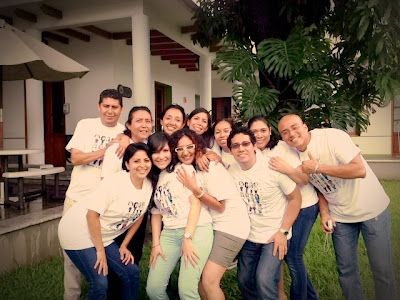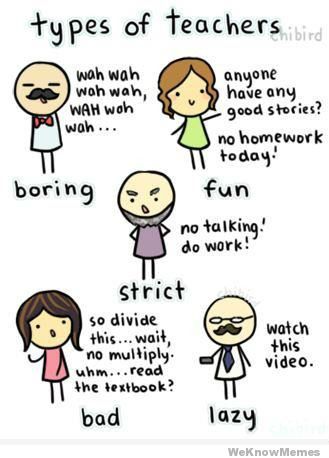There are many aids we can use to make teaching
classes productive, such as songs, adapted texts, realia, videos, consult
books, etc. It is our responsibility to use properly and get the best of them
in a single session.
Videos are now more present in the language classroom than
they were some decades ago. They now take an important role in a class to a
point where they can the center of it. Because they include images, sound and
some even text, videos are the perfect tool to reach every single student in a
group.
Videos, videos, videos
. . .
By using video
in class it is not implied to see just anything. Videos are to promote,
reinforce or foster learning, their primary function is not to entertain but to
help meeting and a language objective, however if they amuse and make learners
have a good time, it is much better.
There are videos designed for teaching and real life
videos; either one will fulfill its function as long as the teacher prepares it
to take the best advantage of it. The first have characters speaking at an
understandable pace and are designed for specific objectives. The latter can
fulfill more than one objective –depending on the teacher- and the pace of
their speakers varies.
Any video to be used in class must be carefully
selected. Content, level of language and the speed of the speakers, available
subtitles, time, among other characteristics shall be considered when choosing
a video. The length will be decided by the teacher, from few seconds up to 20
minutes, a good session succeeds or fails depending on what happens around the
viewing. Once it is chosen, the video session must be planned in three stages:
pre-viewing (preparing for the video), viewing and post-viewing (reflection or
work related to what was seen).
From Toddlers to Adults
Videos can be used at any level; it is up to the
teacher to select wisely for the group, their preferences, their ages, their
context. It can be considered sometimes that little children could not benefit
from a video because they may lack the necessary language to understand
everything but that will only depend on what the teacher want to achieve. Very
young learners will not be asked to translate what the people said, rather they
will asked comprehension questions; they can see videos that contain only
images and music or sounds.
Teenagers and adults enjoy watching all kinds of
movies or funny videos rather than just watching the course video, among the
obvious things, because understanding them gives them a sense of achievement
and triggers their curiosity.
Adaptations.
It is always advisable to go beyond boundaries and
create original videos. It can be as simple as a slide presentation, puppets
acting out, images of texts with read in voice off, collages of other videos,
lyrics of a song, commercials, image-illustrated radio spots, etc. It only
requires dedication and passion. Imagination is the limit.










